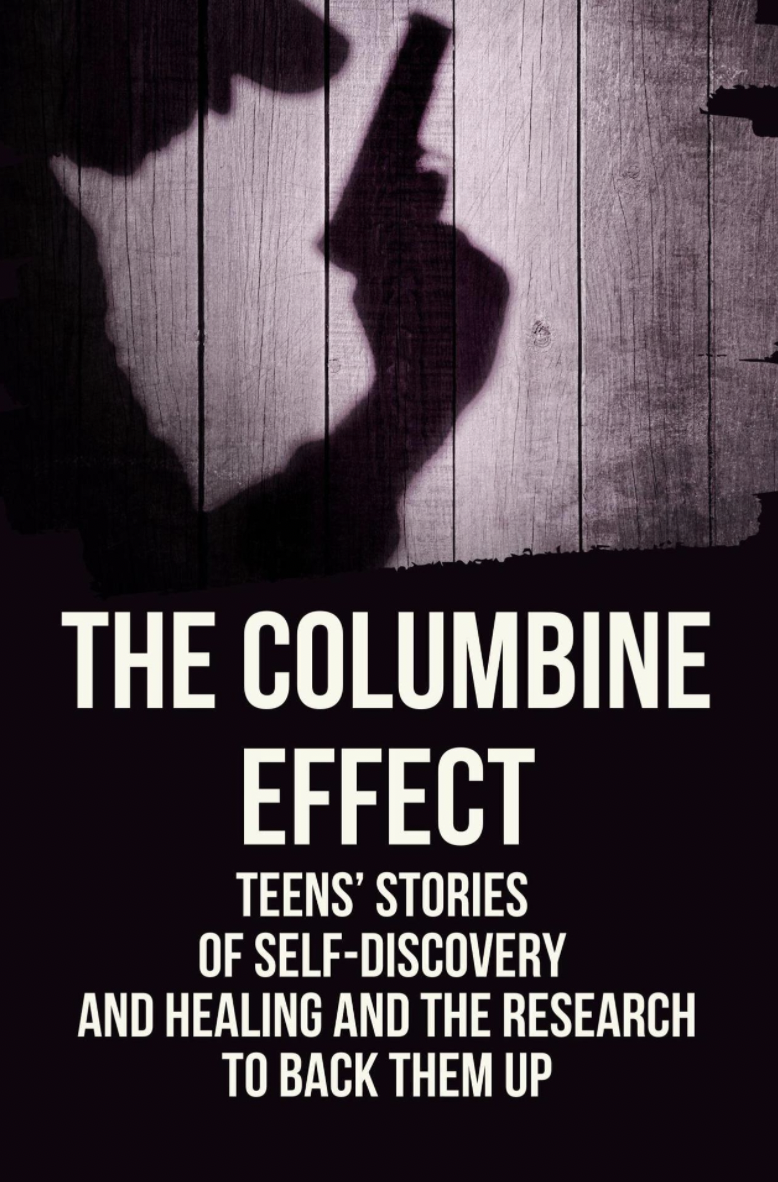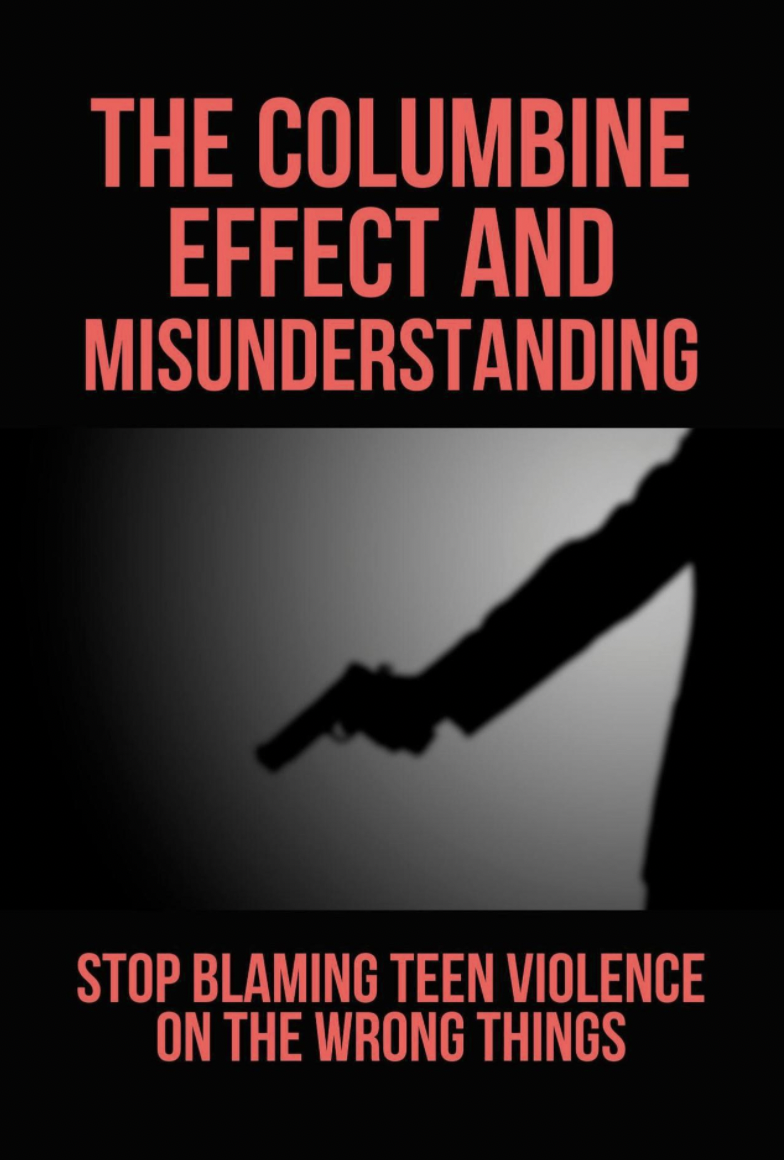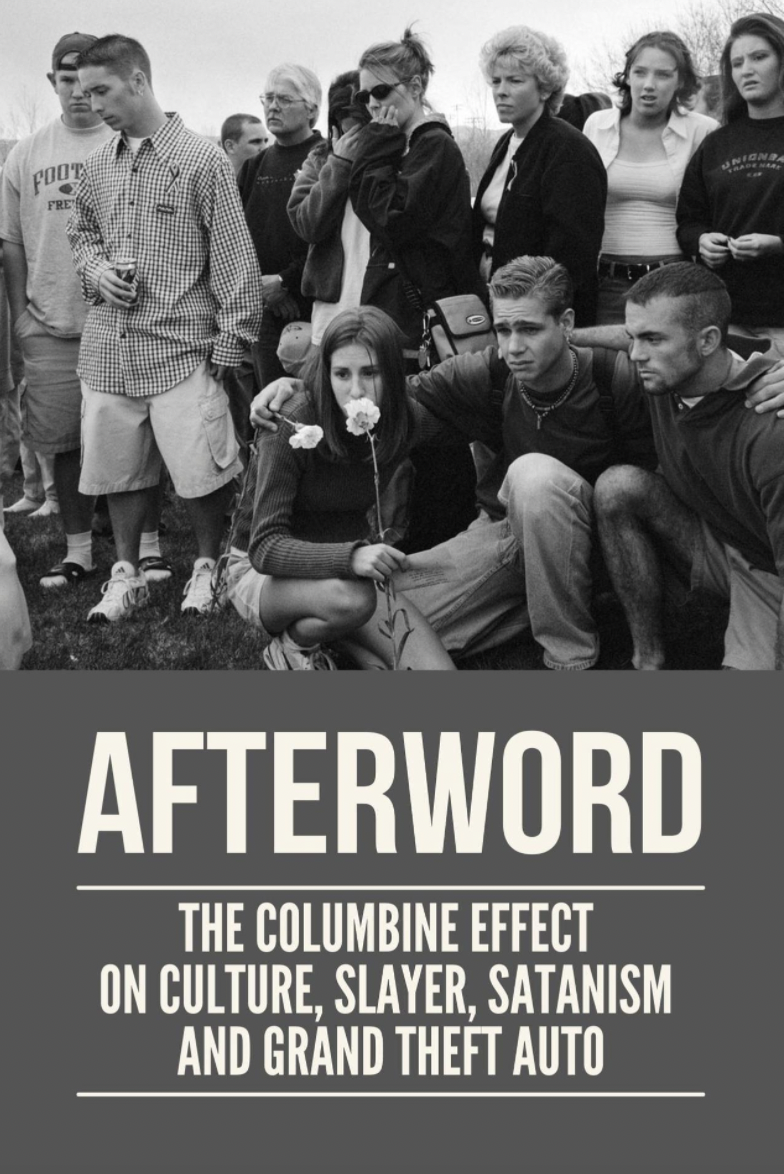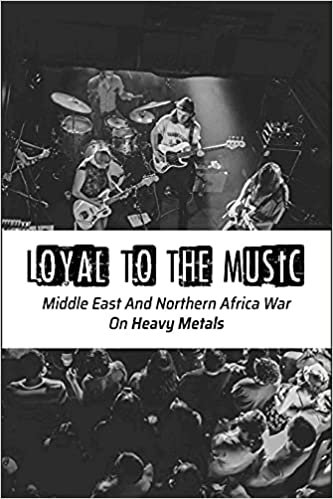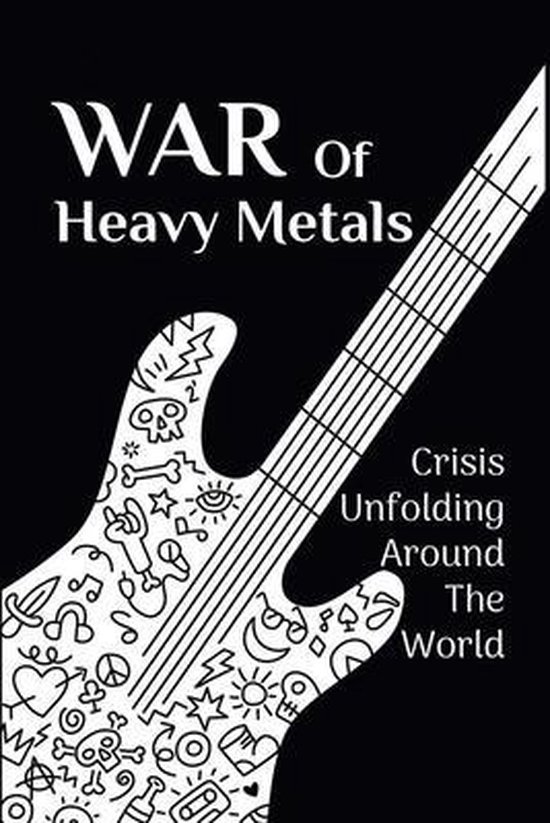Promotional photo from “Our Flag Means Death,” on HBO.
One of the most challenging things about being a self-published author is that I don’t have a legal department to defend me. Another is that PDFs of some of my books are circulated widely on bootleg/piracy sites and it’s like playing whack-a-mole to try to get them taken down. Once you figure out how to send your copyright infringement form to the right person at the right website, and they agree to pull your work from the site, it pops up somewhere else the next day. And, unfortunately, there are people out there who have taken my PDFs and republished them as their own work, selling them on sites like Amazon and Booksamillion. When that happens, it’s my job to contact the booksellers and ask them to remove the products, because I don’t have a legal team to do it for me. It’s a tedious and annoying process.
I went through a round of this a year or so ago, when my friend Justin texted me to tell me he’d seen some books in the Amazon Kindle store with the same content and similar titles as my book, “The Columbine Effect.” There were three different ebooks, each with a different title and subtitle. You can see them in the images below.
Most of the subtitles were pulled from the book description on my website, and the cover images are either stock photos or a (presumably unauthorized) copy of a photo taken at Columbine High School the day after the shootings. One of the ebooks is called “Afterword,” which is just baffling. Amazon has a form that authors can fill out to report the sale of books that infringe/pirate their content, but it’s often a slow process to get these reports reviewed and the books removed. Eventually, they got taken down and I thought that was the end of it.
Around New Year’s, my friend Edward reached out, this time to tell me a friend of his had bought a book that included an article I’d written about his book, “Heavy Metal Africa,” a few years ago. My article, along with many others, are included in my book “Tenacity: Heavy Metal in the Middle East and Africa,” which came out in 2018. But the book his friend bought wasn’t “Tenacity.” It was called “Loyal to The Music: Middle East and Northern Africa War on Heavy Metals.” Another book with the same content also popped up, this one called “War of Heavy Metals: Crisis Unfolding Around the World.” According to Amazon, “Loyal” was written by “Lawerence Orrantia,” while “War”’s author is listed as “Rick Moyd.” A quick Google search reveals that neither of these people exist.
Unfortunately, these two books were already being distributed widely on a number of bookseller sites, as well as places like Goodreads and Google Books. I painstakingly reached out to each one of these places and figured out what forms to fill out and/or who to email, and most of them have since been taken down. In the process, I also discovered the three “Columbine Effect” clones were back in the Kindle store, so I asked Amazon to take them down again.
This is a frustrating and exhausting process. Still, I wanted to see if I could find out more about the people or bot farms or whatever are taking pirated copies of my books, turning them into new books, and selling them online. I bought a copy of “Loyal to the Music” from Amazon – I hope it was the only sale – but when it arrived, it had no identifying information on it. The back page mentions Las Vegas, but nothing else, and all the barcodes take you back to the sales page on Amazon.
I’m pretty sure “Loyal” was published by Amazon’s own print-on-demand service, and that the pirated Kindle books are also published through Amazon’s Kindle publishing platform. In many ways, this means Amazon is complicit in selling pirated books. Sure, they have each user/author/seller tick a box promising that they are the rightful content owner of the work, which lets Amazon off the hook. Amazon COULD match uploaded texts against the texts of existing books for sale on the platform, and dig deeper when a new upload matches something that’s already been on sale for years. Doing this – and blocking the publication of any new work that plagiarizes legitimate work – would cut down on the amount of time that publishers and authors have to spend filing complaints. But Amazon probably won’t, since doing so would make the company less money, and it doesn’t technically help customers in any way. In a word, it’s shitty.
Going forward, I expect I’ll have to keep looking for bootlegged copies of my books and asking sellers to take them down. I’ve had people say “hey, be flattered that they want to copy your work!” But my books aren’t that popular, and my sales are small. It isn’t flattering to have someone attempt to divert revenue away from me for the years of work, research and writing I’ve done. I don’t mind if people want to quote from my books if it’s relevant to their own writing; fair use is a thing, and I’m happy for my work to inform others’. But wholesale reproduction, in an effort to make easy money off my writing and skills, isn’t flattering at all. It’s keeping me from the work I really ought to be doing: more writing.

